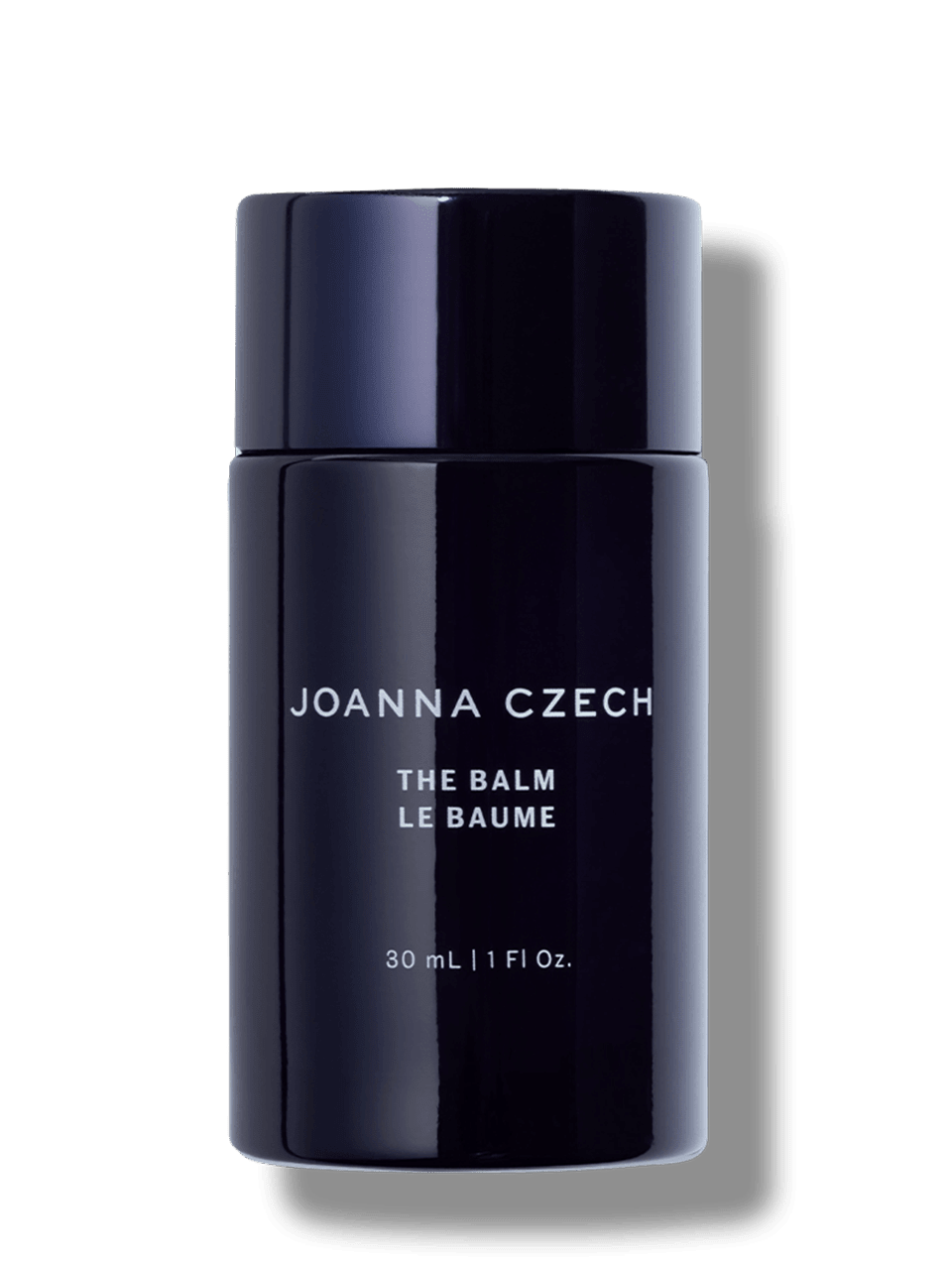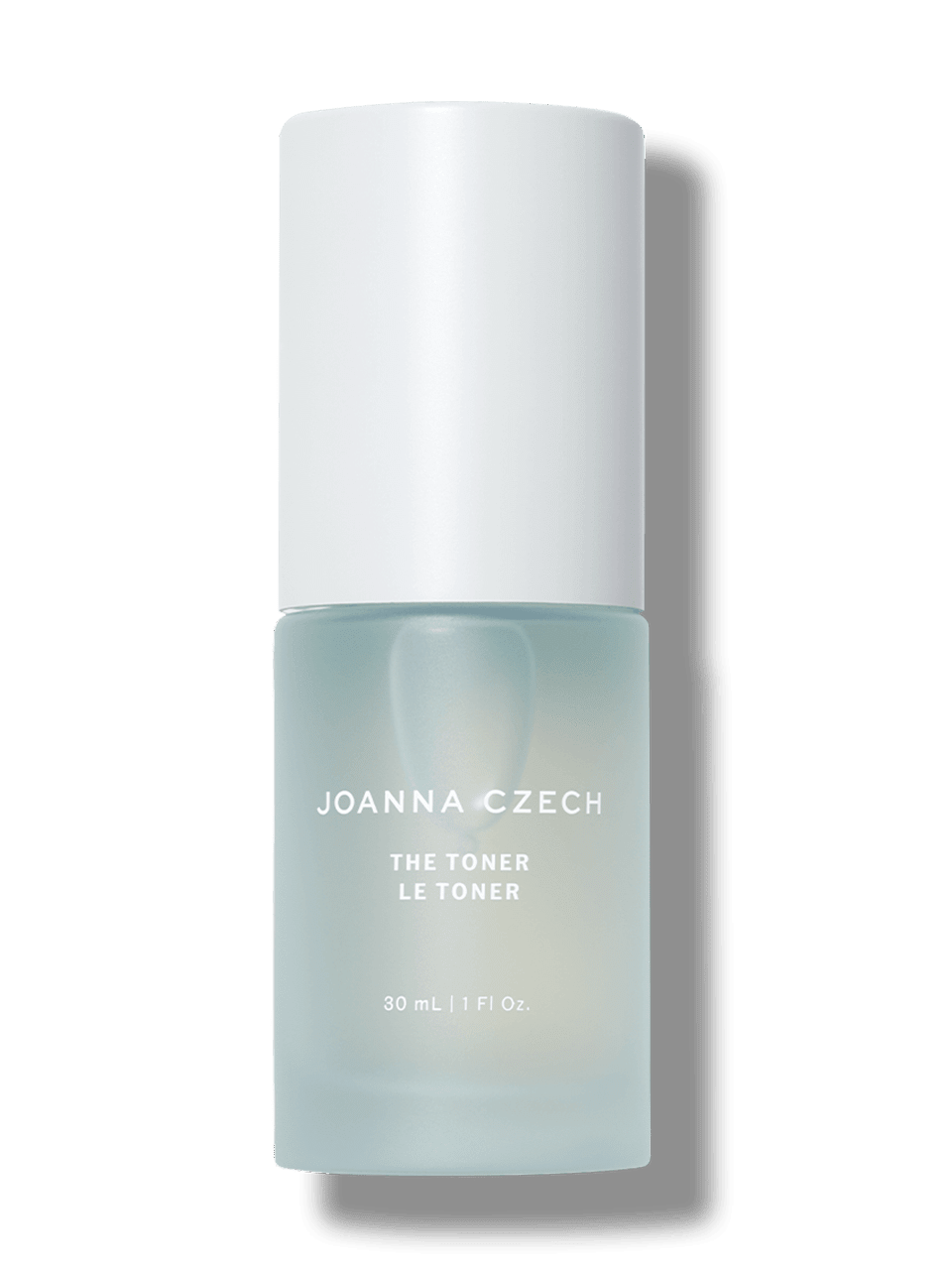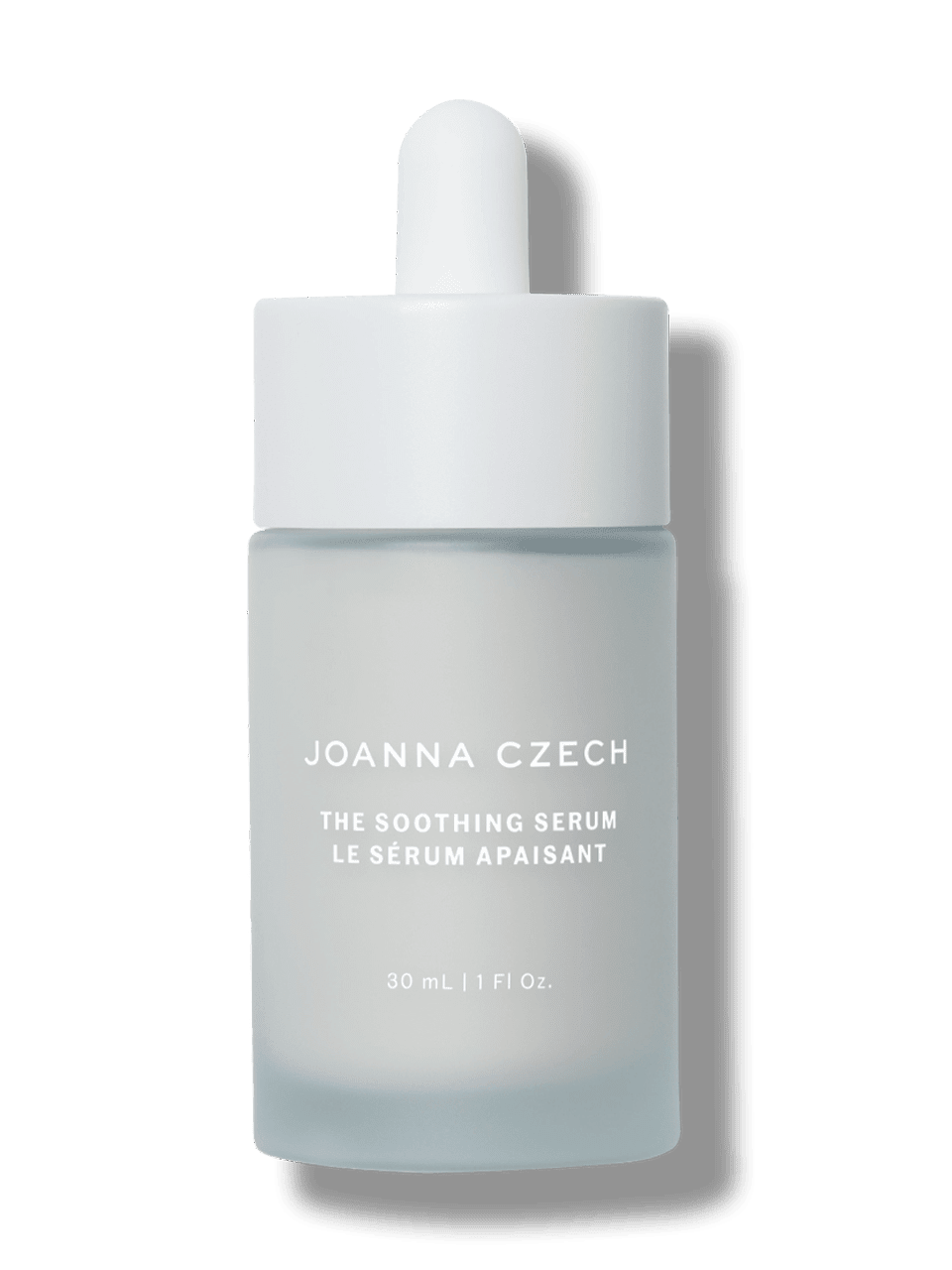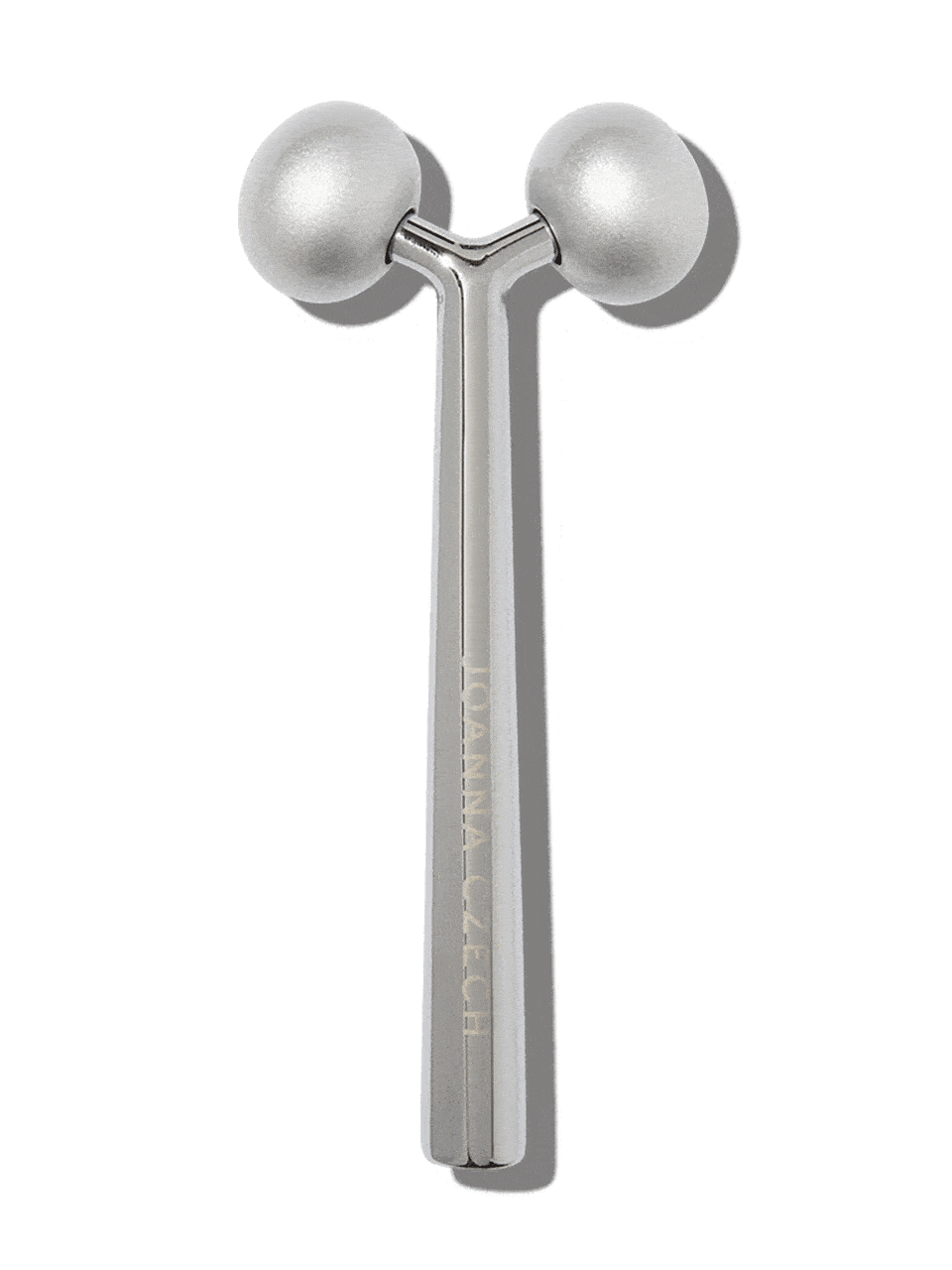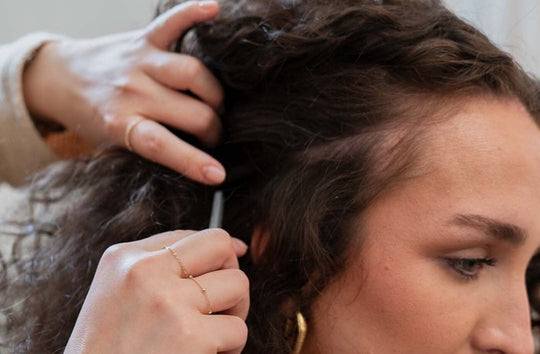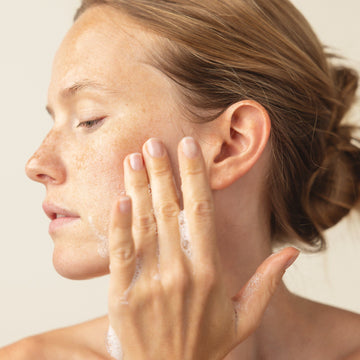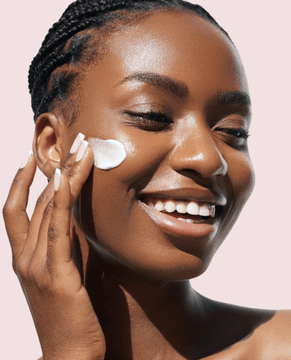How Stress Affects Your Skin and Ways to Combat It
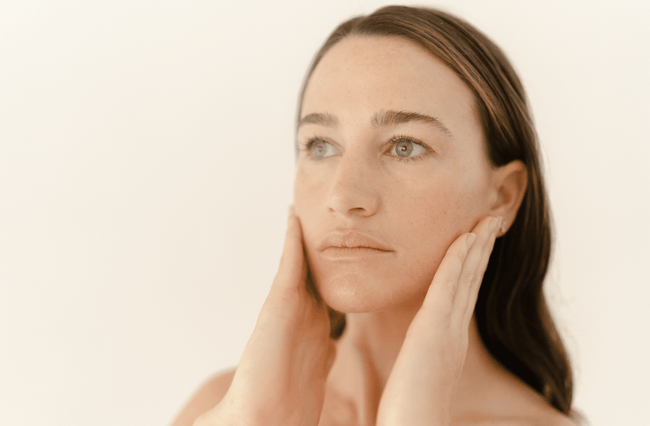
Caring for our skin reaches far beyond the products we use. Diet and lifestyle factors account for about 70% of the condition of our skin, while proper topical treatments influence the other 30%. With expanding knowledge of how stress affects the rest of our health, it’s no surprise it can also wreak havoc on our complexion.
As part of my long-term, holistic approach to skincare, I’ve learned the ways stress manifests on your skin and, most importantly, how to combat it. Here’s more on the intricate relationship between stress and your skin's well-being, and some tips to maintaining a vibrant and youthful complexion.
The Science Behind Stress and Skin
High levels of cortisol, a hormone produced by the adrenal glands in response to stress, can have significant effects on the skin. When cortisol levels remain consistently elevated, which is often the case during chronic stress, it triggers a cascade of events within the body. One of the most significant repercussions is inflammation, a common denominator in nearly every skin condition. This inflammation not only exacerbates existing skin issues but can also serve as a catalyst for new ones.
In addition to inflammatory responses, high cortisol levels can break down collagen in the skin, disrupt skin barrier function, stimulate sebaceous (oil) gland activity, and influence melanin production.
Stress-Related Skin Conditions
It’s clear that stress plays a part in how our entire body functions. But how does stress affect skin? Here’s more about the skin conditions that often flare up as a direct result of heightened stress and anxiety.
-
Acne: Perhaps one of the most common stress-related skin issues is acne, or stress breakouts. Stress triggers the release of hormones like cortisol, which can lead to increased oil production in the skin. Excess oil, combined with dead skin cells and bacteria, can clog pores, resulting in breakouts and acne flare-ups.
-
Dry skin: High cortisol levels reduce lipid production and alter skin’s pH, disrupting the skin’s natural moisture balance and barrier function, manifesting as tightness, dry patches, redness, and flakiness.
-
Dull skin: Dull, gray-toned skin can be a sign of internal stress – the capillaries constrict, resulting in less blood flow near the skin surface.
-
Rashes: Stress-induced rashes can take various forms, including hives, which are itchy, raised welts on the skin. These rashes are often a visible manifestation of the body's heightened stress response and an anxiety skin symptom.
-
Premature aging: Cortisol can impair the synthesis of collagen, a crucial structural protein in the skin responsible for its elasticity and strength. Reduced collagen production can lead to sagging skin, fine lines, and wrinkles.
- Hyperpigmentation: Cortisol can influence melanin production, potentially leading to hyperpigmentation issues, such as melasma or post-inflammatory hyperpigmentation (PIH). These conditions result in dark spots or patches on the skin.
-
Eczema: Eczema is a chronic skin condition characterized by red, itchy, and inflamed patches. Stress can exacerbate eczema symptoms, leading to more frequent and severe flare-ups.
- Psoriasis: Psoriasis is another chronic skin condition marked by red, scaly patches of skin. Stress can trigger or worsen psoriasis symptoms, making it a challenging condition to manage during stressful periods.
External Stress-Induced Skin Problems
But emotional stress isn’t the only cause of skin aggravation. External stressors, such as an over-enthusiastic skin regimen, can have similar impacts.
Exfoliation is a common source of skin stress, and I often see clients overdoing it. While it is important to remove dead skin cells, it should not come at the cost of stripping off the top layer of your skin. A face cloth with your cleanser or a mildly acidic toner is enough to do the job. If you choose to use a peel, pad, or scrub, twice a week is enough. A routine that includes a full lineup (i.e., an exfoliating wash, an acid toner, a scrub, and a peeling mask) is too much for any skin type.
Picking at skin conditions like breakouts is another common external aggressor leading to inflammation, irritation, and infection. In the long term, you could find yourself with scarring and hyperpigmentation. So, even though it's tempting to pick at those stress pimples, you'll want to do the opposite and use gentle practices to soothe the area (more on this next).
It’s important to treat reactive skin promptly because if left untreated, the protective barrier will become damaged, making it even more vulnerable. Once the skin barrier is compromised, even seemingly harmless products can cause the skin to flare.
How to combat stress-prone skin
Other than incorporating gentle skincare for sensitive and reactive skin, here are six other ways to combat stressed skin.
-
Stick to a non-invasive regimen:With a slew of environmental aggressors already compromising our skin barrier daily, we need to be gentle to our skin rather than turning to practices that damage it even further. This means avoiding harsh treatments like peels and microneedling, as well as limiting the use of harsh cleansers and exfoliators at home.
-
Less is more: I see all too often clients who love skincare products but are having trouble with their skin. This is when we take a look at their collection of ten or more serums and strip it back to a cleanser, toner, two serums, and a comforting cream. Ideally, I'd like to see one of those serums include hyaluronic acid to keep stressed skin hydrated like our Soothing Serum.
-
Holistic lifestyle practices: Self-care goes beyond an evening of candles and baths. A lifestyle shift needs to happen to find a balance between work and play, eating healthy, and exercising to benefit mental health. In addition, adequate sleep allows our bodies to work optimally, lowering inflammation and stress levels. The skin also enters a regenerative phase during sleep, boosting cell turnover and product effectiveness.
-
Promote circulation: Having good blood circulation is crucial for maintaining healthy skin as it brings oxygen and nutrients to the surface. When blood is closer to the skin's surface, it allows for better absorption of skincare products. Massaging the face is simple to do and it relieves tension. Simply taking a few more seconds to massage in your cleanser and creams can make a difference. I love our Facial Massager and microcurrent devices, like NuFace, as they are an easy way to stimulate the muscles and skin.
- Calm inflammation: Cold therapy reduces inflammation and redness while alleviating the sensation of heat or discomfort that accompanies irritated and stressed skin. Cool your Face Mask in the fridge and pair it with The Cryo Sticks for cooling relief.
- Rebuild the skin barrier and comfort with creams: Using a rich cream in the evening will help calm and nourish compromised skin. I love applying Augustinus Bader The Rich Cream like a mask so it can sink in throughout the night. Our Balm restores hydration, prevents water loss, and decreases reactivity. Apply over The Soothing Serum for ultimate rejuvenation.
The Impact of Stress on Skin: Key Takeaways and Recommendations
From acne to eczema, the evidence is clear: chronic stress can exacerbate existing skin conditions and give rise to new ones. However, it's not all gloom and doom. By prioritizing effective stress management techniques and limiting external aggressors, we can better safeguard our skin's vitality and radiance.
The key to beautiful skin isn't in a quick fix. It comes with intention, patience, and a healthy lifestyle.
Joanna's skincare line adapts to the skin's biology and compensates for external factors like climate and stress, optimizing hydration and restoring the skin barrier. Explore the collection of seven essential products, curated kits, and accessories.
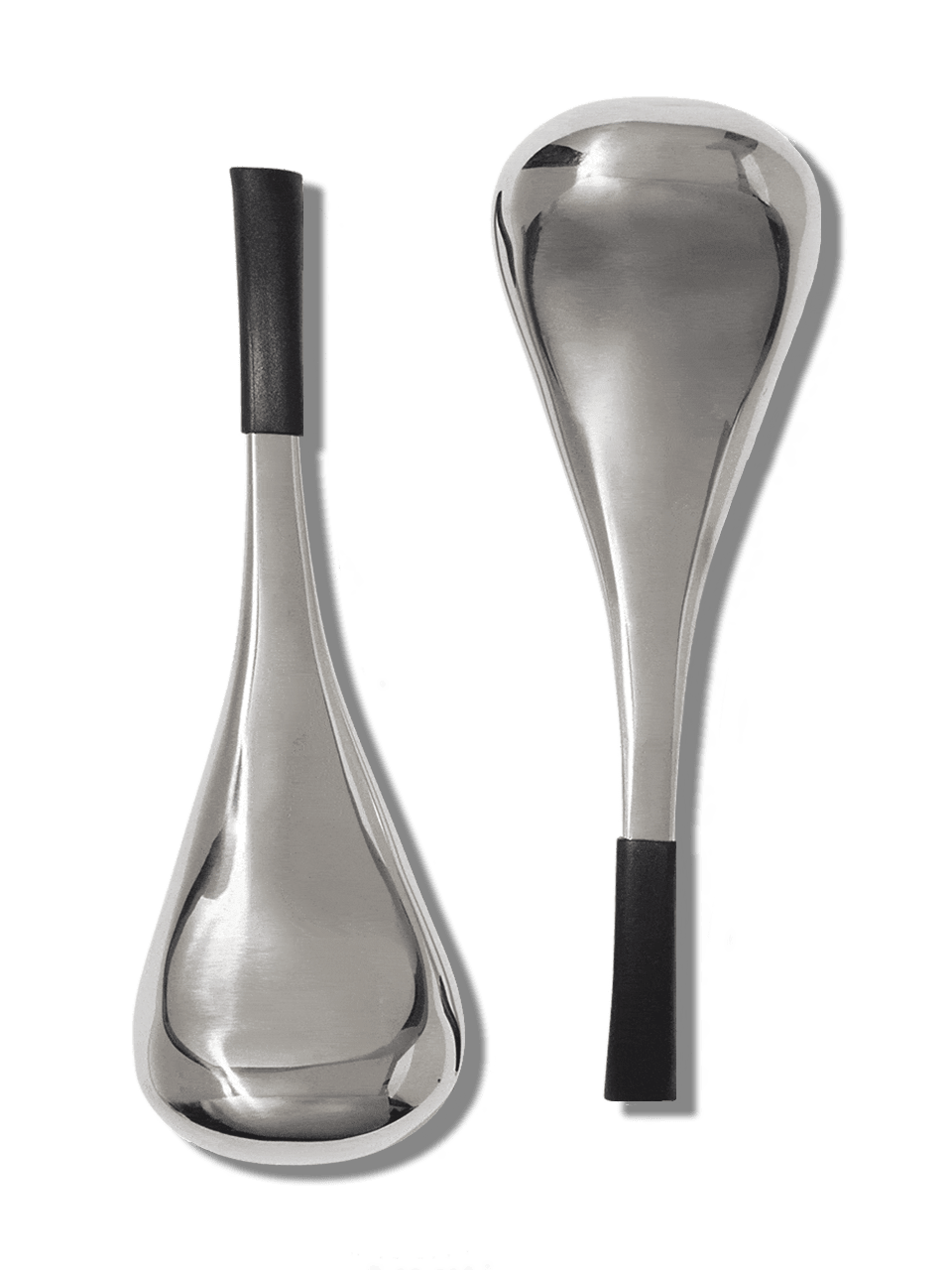
Biologique Recherche
Cryo Sticks
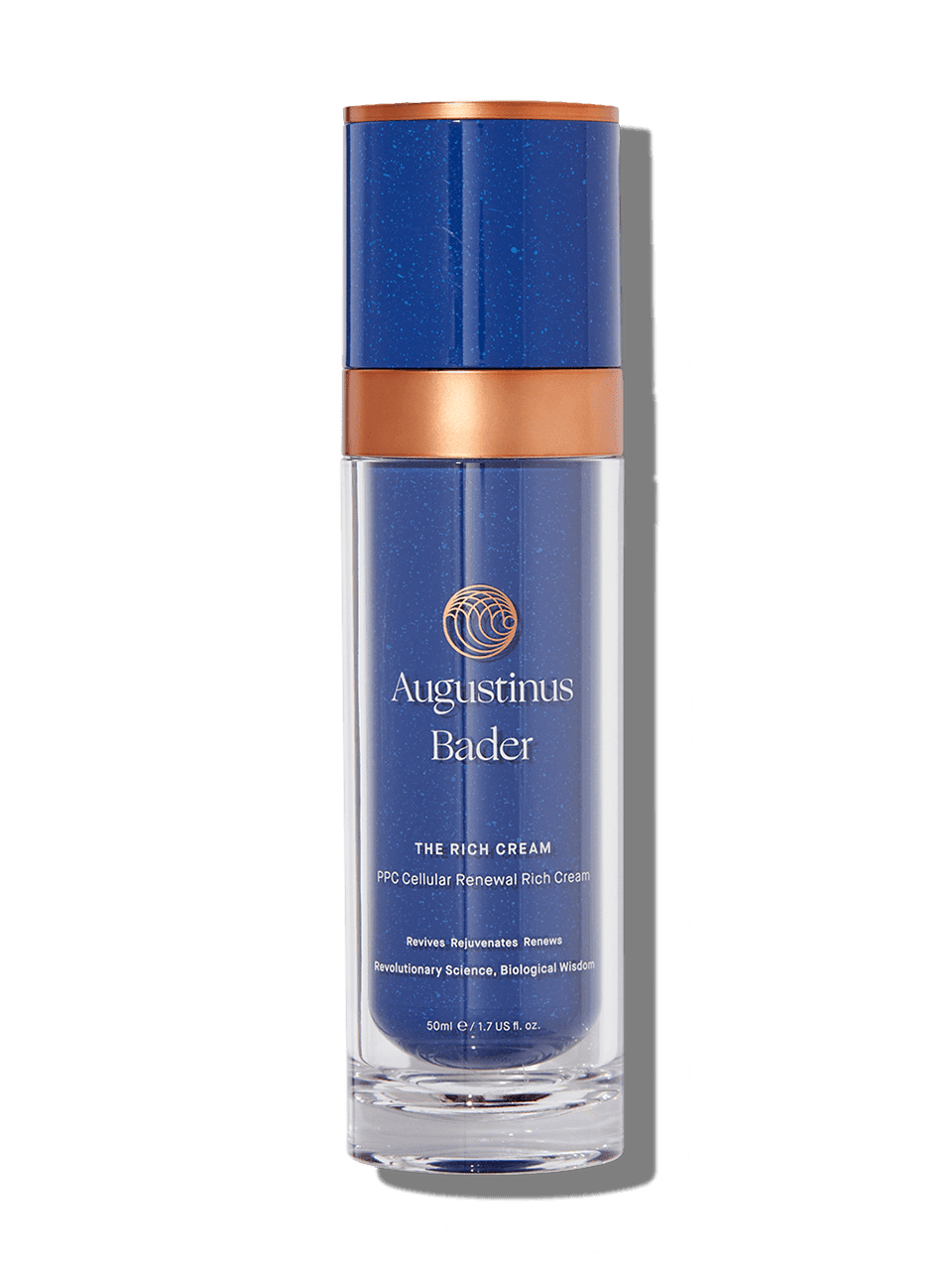
Augustinus Bader
The Rich Cream
